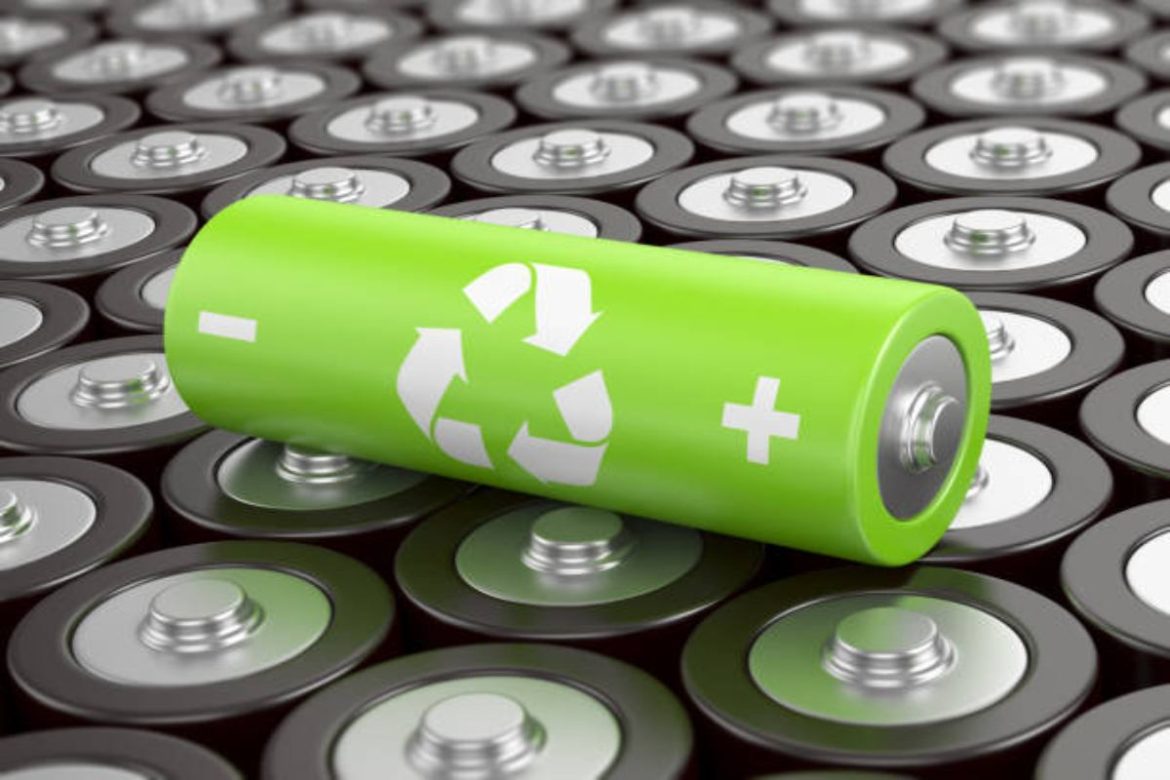With electronics being so ubiquitous, most people have plenty of battery-powered electronic devices in their homes or office. As such, switching to rechargeable batteries can save people a lot of money in the long run, as there is no need to keep on purchasing and replacing batteries. That said, choosing the best rechargeable batteries for your needs requires considering several key factors to ensure they are suitable. Below we have listed a few factors that may help you to make an informed decision.
Table of Contents
Understanding rechargeable batteries
Understanding a specific device’s rechargeable battery chemistry is a vital step in selecting the right kind of battery to use. There are three main types of rechargeable -battery which include – Nickel Metal Hydride (NiMH), Nickle Cadmium (NiCad) and Lithium-ion (Li-ion).
Nickel Metal Hydride (NiMH)
NiMH batteries are popular these days due to their battery capacity and their ability to be discharged and recharged up to 1,000 times. These batteries are at full capacity throughout their respective battery life. NiMH batteries are widely available in-store and can be bought online through providers.
Lithium-ion (Li-ion)
These types are also good rechargeable batteries, and they are commonly used in small household electronics. These include mobile devices, remotes, and other applications. However, they are not as widely available as NiMH batteries and can be difficult to find in most stores. Special chargers are also needed to use these battery types.
Nickel Cadmium (NiCad)
These batteries typically suffer from memory issues due to being comparatively older. The NiCad battery typically exhibits lower voltage when compared with Li-ion and NiMH batteries. These batteries usually can be charged once a day for up to three years and cycled a maximum of 1,000 times.
Long life
The life of a rechargeable battery is typically defined by how many times a user can charge it, use it, and then charge it again before it no longer works. It is recommended that users look for rechargeable AA and AAA batteries that are rated for at least 500 recharge cycles or up to 2,000 recharge cycles for higher-end batteries.
Charge Capacity
Rechargeable AA and AAA batteries are mainly defined by their charge capacity. This is given in mAH. The capacity of a battery determines its energy storage capacity. Higher capacity batteries usually provide longer run times before needing to be recharged. Consider the power requirements of any devices and choose batteries with sufficient capacity to meet those needs. For instance, if you are buying batteries for devices that require less power such as remote controls and wall clocks, it is suitable to pick those that have lower capacity.
Low self-discharge
This refers to how much charge the batteries lose when they are not being used. This factor is extremely important if a buyer wants to keep extra AA and AAA rechargeable batteries in their drawers. This allows them to instantly grab fresh ones instead of waiting to recharge the battery before using it. Some rechargeable batteries lose their charge more quickly when not in use, while others retain their charge for longer periods. Pick batteries with low self-discharge rates if you use them infrequently.
Voltage
The voltage of a battery is defined by the electrode being used. Most Zinc Carbon, NiMH, and Lead Acid batteries use water-based electrolytes. These batteries typically have a nominal voltage that ranges from 1.2V to 2V. On the other hand, Lithium-based batteries have a nominal voltage ranging from 3.2V to 4V. As most electronic components operate with 3V, a Lithium-based battery’s higher voltage allows people to use a single cell. Buyers should also ensure that the voltage of the rechargeable batteries matches the requirements of their electronic devices.
Check reviews and recommendations
Make sure to read reviews and seek recommendations from other users. This will help you gather insights about the battery’s performance, durability, and overall satisfaction of other customers before committing to buying a rechargeable battery.
Cost and budget
Another thing to keep in mind when deciding which rechargeable battery is the right one is its cost. Battery price is another factor that plays a major role in the types of batteries consumers pick. Make sure to review your budget and find a battery that has the best value for what you are paying, so you can get the most out of it.
Brand reputation
It is recommended consumers stick to reputable brands that are known for producing or selling high-quality rechargeable batteries. This is because well-established brands often have better quality control measures, ensuring products are reliable and perform consistently. This gives buyers peace of mind knowing that their products will work as stated.
Charger Compatibility
Buyers should consider the compatibility of the rechargeable batteries with their chargers. Some batteries require the use of specific chargers, while others are more versatile and can be charged with different charger models. Ensure that the batteries are compatible with the charger that you already have, or plan to purchase.
Environmental impact
Nowadays, more people are becoming aware of how their purchases will impact the environment. Rechargeable batteries are typically considered more environmentally friendly compared to one-off disposable batteries. When buying a rechargeable battery, consider how it will impact the environment and opt for ones that can be recycled or disposed of properly when they reach the end of their lifespan.
Bottom line
Overall, by considering the above factors when purchasing a rechargeable battery, buyers can choose the best rechargeable batteries that offer long-lasting performances, are reliable, and are cost-effective in the long term.


